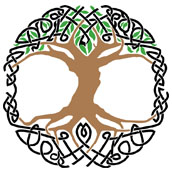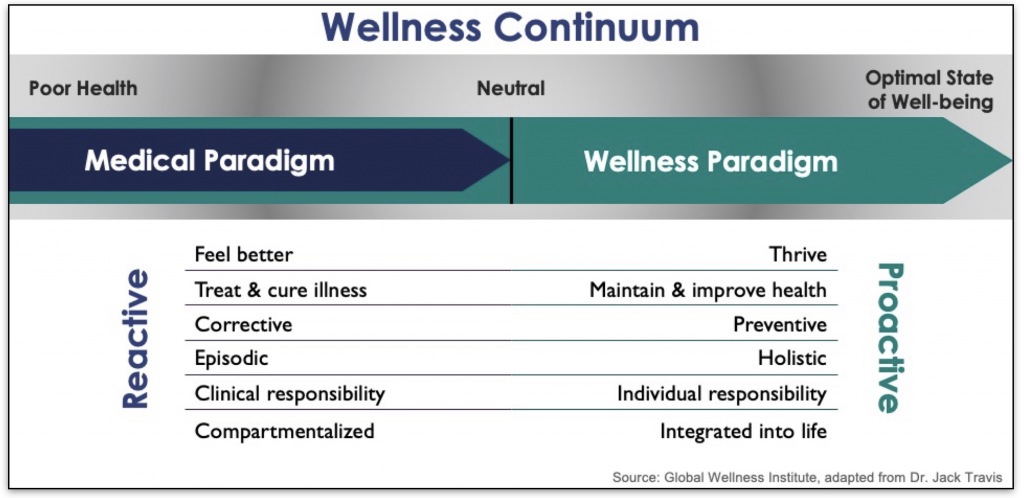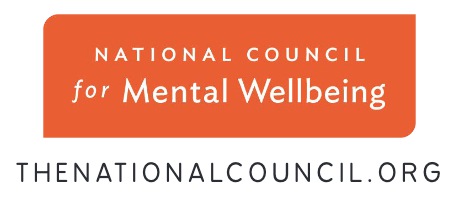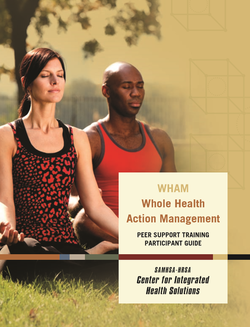Wellness
HRN Peer Recovery Support is a team approach to building resilient wellness for each Peer Participant.
DEFINING WELLNESS
Defining “Wellness" will have different standards to every person, but there are some common overlaps. The Global Wellness Institute defines wellness as the active pursuit of activities, choices and lifestyles that lead to a state of holistic health. From this definition it is important to note:
WELLNESS CONTINUUM The "Medical Paradigm" is an episodic, reactive approach common in Western Medicine. The goal is solely to reach and maintain stable, physical health. But the "Wellness Paradigm" uses a Participant-Centered, proactive approach to get to an "optimal state of well-being" that seeks to thrive in all aspects of life.
Wellness is an active process of taking responsibility, thereby taking control of your life for the better. For more: https://globalwellnessinstitute.org/what-is-wellness/ |
WELLNESS IS MULTI-DIMENSIONAL
Wellness is "Multidimensional." It can be defined in many ways, with a varying amount of dimensions-sometimes as few 6 or over 12 categories. But all the dimensions will encompass the "Physical/Mental/Social" areas of daily life. WELLNESS INTRODUCTION (PDF): 2-page overview brochure EMOTIONAL—Effective Coping with Life & Create Satisfying Relationships FINANCIAL—Satisfaction with Current & Future Financial Situations SOCIAL—Sense of Connection, Belonging, a Well-Developed Support System SPIRITUAL—Expand Sense of Purpose & Meaning in Life OCCUPATIONAL—Personal Satisfaction & Enrichment Derived Through Work PHYSICAL—Recognize Need For Physical Activity, Diet, Sleep, & Nutrition INTELLECTUAL—Use Creative Abilities & Ways to Expand Knowledge & Skills ENVIRONMENT—Occupy Pleasant, Stimulating Environments that Support Well-Being |
NATIONAL COUNCIL FOR MENTAL WELLBEING
Peers are encouraged to partner and identify strengths, develop weekly action plans and work together using positive reinforcement to meet a goal. Rather than work alone, WHAM encourages participants to collaborate and support others’ efforts and is easy to use and implement in health care settings. This program gives peers factors to identify strengths & the skills to:
|
ADDITIONAL RESOURCESWellness Recovery Action Plan: https://www.wellnessrecoveryactionplan.com SAMHSA-HRSA Center for Integrated Health Solutions: http://www.integration.samhsa.gov/ healthfinder®: http://www.healthfinder.gov Million Hearts®: http://www.millionhearts.hhs.gov National Empowerment Center: http://www.power2u.org National Wellness Institute: http://www.nationalwellness.org |



